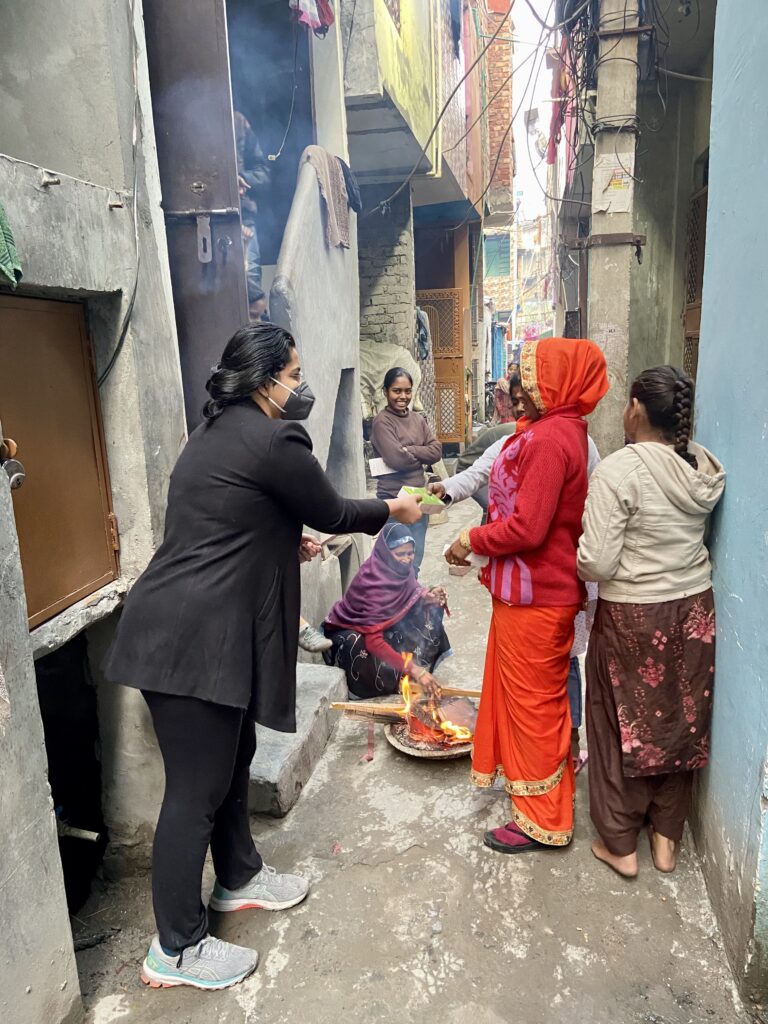I remember the day my period started. I was only twelve years old, and I had no idea what was happening to me. I was scared and embarrassed, and I didn’t know who to talk to about it. But I soon learned that my period was just the beginning of my struggles with period poverty. Growing up in a low-income family, we struggled to make ends meet. My mom worked long hours to provide for us, but there was never enough money for the basics. We often had to choose between food and other necessities, like toilet paper and feminine hygiene products. And when my period came around, it was a constant battle to find the money for pads or tampons.
At first, I tried to make do with toilet paper or old rags, but it was messy and uncomfortable. I would avoid going to school or social events when I was on my period because I was too embarrassed to deal with the potential leaks and stains. And even when I did manage to scrape together enough money for pads or tampons, it was never enough to last the entire week.
Period poverty is a silent struggle that affects millions of people around the world, but it’s rarely talked about. It’s a vicious cycle that keeps people in poverty and shame, and it’s time to break that cycle. No one should have to choose between food and basic hygiene, or suffer the indignity and discomfort of inadequate period products.
I’m now an adult and have found ways to manage my periods, but I still think about the millions of people who are still struggling with period poverty. It’s time for society to step up and provide free access to menstrual products for all who need them. It’s not just a matter of convenience, it’s a matter of dignity and human rights. No one should have to suffer in silence because of something as natural as menstruation.
At My Cara, we do our contribution towards reducing period poverty with Project Nandini.

